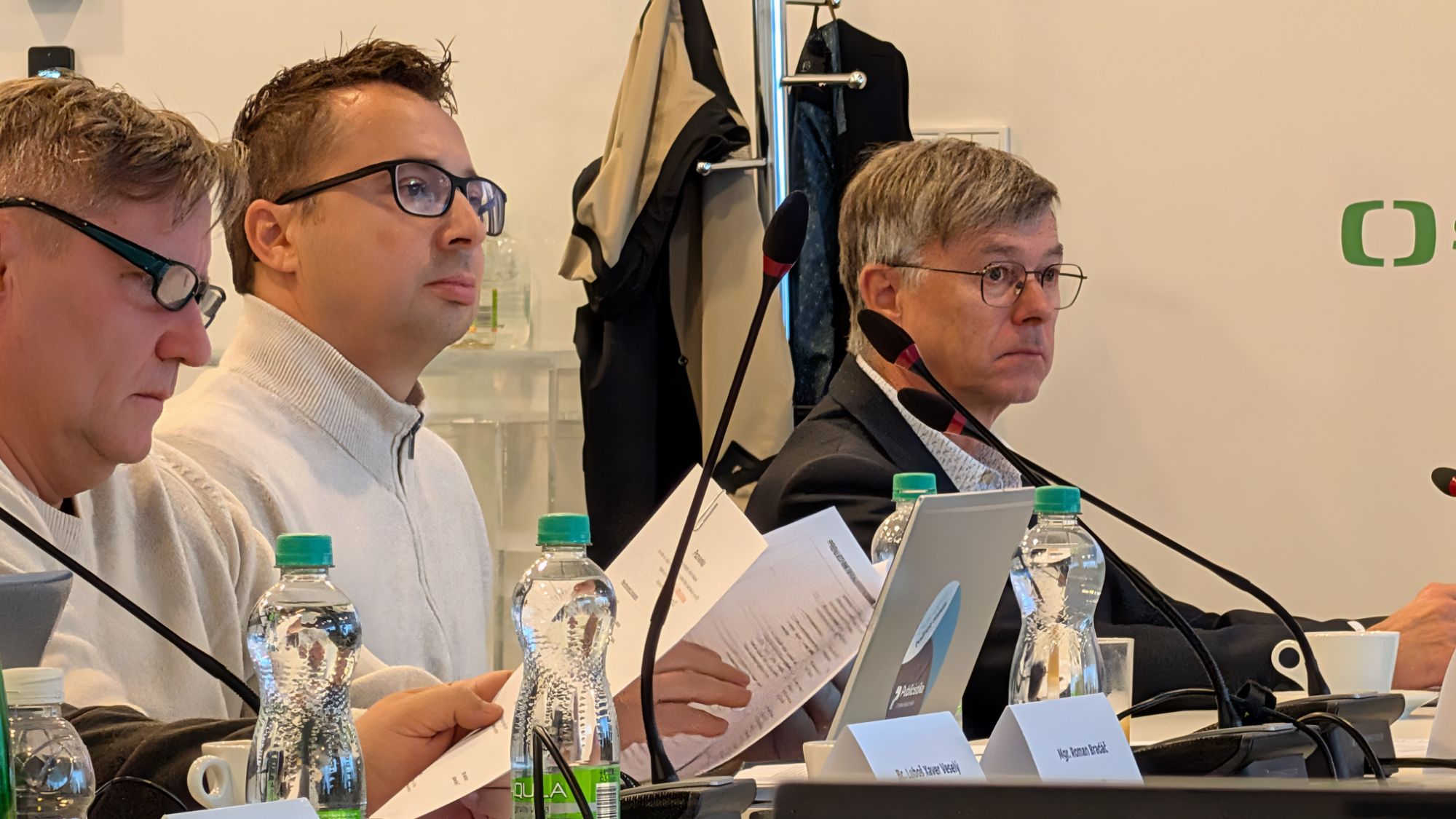
Czech Television Council approves new public service memorandum for 2026-2030
The Czech Television Council approved a memorandum defining the public service broadcaster's role for the period from 2026 to 2030. The document, which will be submitted to the Minister of Culture for signature, establishes a series of specific commitments regarding programming, news, digital services, and archive management. In it, Czech Television (ČT), the country's public broadcaster, commits to emphasizing content that provides an alternative to commercial stations, in line with the Czech Republic's dual media system of public and private outlets.
The document was published on the Czech Television Council's website on Friday as an appendix to the meeting minutes, though the broadcaster had originally intended to release it only after it was signed by the minister.
In programming, ČT pledges to maintain its number of terrestrial channels at the 2022 level and preserve their current focus. The memorandum introduces new specific quotas for selected genres and topics. A minimum of 30% of broadcast time on the main channels, ČT1 and ČT2, will be dedicated each quarter to programs for children, seniors, people with disabilities, and other specific groups. Documentaries are mandated to occupy at least 12% and animated productions 6% of total airtime quarterly. The children's channel, ČT:D, must broadcast at least 30% original Czech productions and 50% animated shows per quarter.
The memorandum also introduces restrictions on entertainment and sports. ČT commits not to develop new major entertainment shows without educational or cultural value beyond the formats existing in 2024, and the number of entertainment premieres in prime time will not exceed the level of that same year. Spending on sports broadcasting rights will be capped at a maximum of 17% of the annual production budget, except during Olympic years when the limit will rise to 27%. An increased focus is to be placed on less commercial and developing sports.
Significant changes will affect digital services and the archive. To ensure fairness in the media market, the broadcaster pledges not to operate new digital services that are predominantly text-based if they were not made available by ČT before September 1, 2025. By mid-2027, it will conduct an analysis on potentially restricting access to its online archive, iVysílání. This would explore a system distinguishing between anonymous users with limited content and registered television license fee payers who would have full access and other benefits.
A key new development is the opening of the dramatic works archive to commercial entities. ČT will offer licenses to other television stations and streaming platforms under market conditions. However, it will create an exclusive "Golden Fund" of up to 130 titles that will not be available for sale. A single commercial partner will be able to purchase a maximum of 300 hours of dramatic productions annually.
The document further specifies news commitments. "A combined minimum of 50% of the quarterly broadcast time of news programs in prime time and on the dedicated news channel will be devoted to regional and foreign news, except during periods of extraordinary events of national significance," the memorandum states.
Czech Television also commits to investing at least 30% of the relevant part of its budget in the production of drama, documentaries, and animation from independent producers. Total investment in long-term assets during the period is set to reach at least 7% of income from television license fees. The memorandum will come into effect on January 1, 2026, and its implementation will be evaluated annually by the ČT Council.

